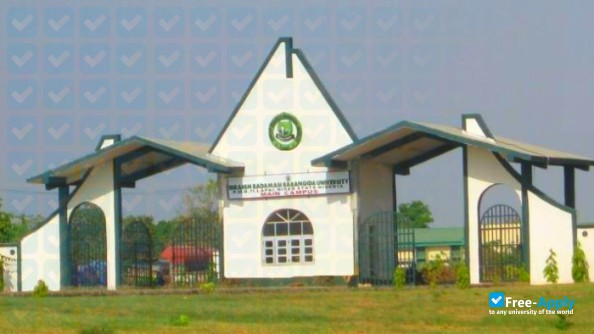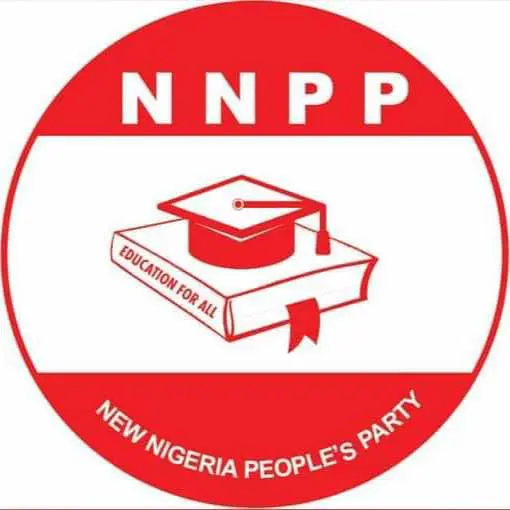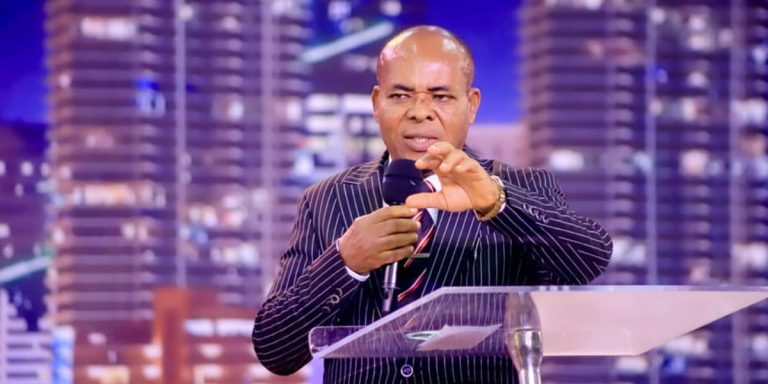Nairobi — Tiaty MP William Kamket has issued a 48-hour ultimatum to the United Kingdom, demanding reparations and compensation for the families affected by the brutal colonial rule in Kenya. In particular, Kamket is seeking justice for the people of East Pokot, who suffered greatly during the tragic Kolowa Massacre.
During the recent visit of King Charles III and Queen Camilla to Kenya, Kamket seized the opportunity to advocate for the people of East Pokot. He urged the British Government to compensate the affected families with $35,000 for each life lost and $7,000 for each household that lost property.
Kamket vividly recounted the horrors of the Kolowa Massacre in 1950, where over 400 Pokot Morans and innocent worshipers of Mafuta Pole were brutally killed by the British Colonial Police. This massacre was part of a larger movement led by Lukas Pkech, where the people of East Pokot bravely fought against the oppressive British rule to protect their rights.
While acknowledging the expression of deep regret by King Charles III for past atrocities, Kamket insists that more needs to be done to provide justice and compensation to the victims. He believes that meeting with the affected communities would be a better way for the King to truly understand the pain and suffering endured by the people of East Pokot.
During a State Banquet in October 2023, hosted by Kenyan President William Ruto and First Lady Rachel Ruto, King Charles III expressed his regret and sorrow for the abhorrent and unjustifiable actions committed by the British government during Kenya’s struggle for independence. Although he did not offer a formal apology, the King acknowledged the painful history of colonialism and expressed his willingness to engage with those affected by historical wrongs.
The King’s visit shed light on the brutal suppression of the Mau Mau uprising in the 1950s, which resulted in the loss of over 10,000 lives and widespread torture. The Mau Mau resistance, considered a terrorist organization by the colonial government, faced severe crackdowns and atrocities. Historical records reveal that the British government, with the assistance of Kenyan forces known as the home guards, conducted harsh operations, including the use of air power and ground forces. These operations led to the imprisonment, torture, and death of thousands of Kenyans, with methods such as castration, flogging to death, and immolation being employed.
The demand for reparations and compensation is a result of the colonial government’s brutal actions during the emergency period, where over 1,000 individuals were executed by hanging. The overall death toll of this conflict is estimated to be in the thousands, making it one of the bloodiest conflicts involving the UK in the last century.
It is now imperative for the British government to address these historical injustices with honesty and openness. Offering reparations and compensation to the affected families would be a significant step towards reconciliation and healing. The people of Kenya, particularly those in East Pokot, deserve justice for the atrocities inflicted upon them during the dark days of colonial rule.



